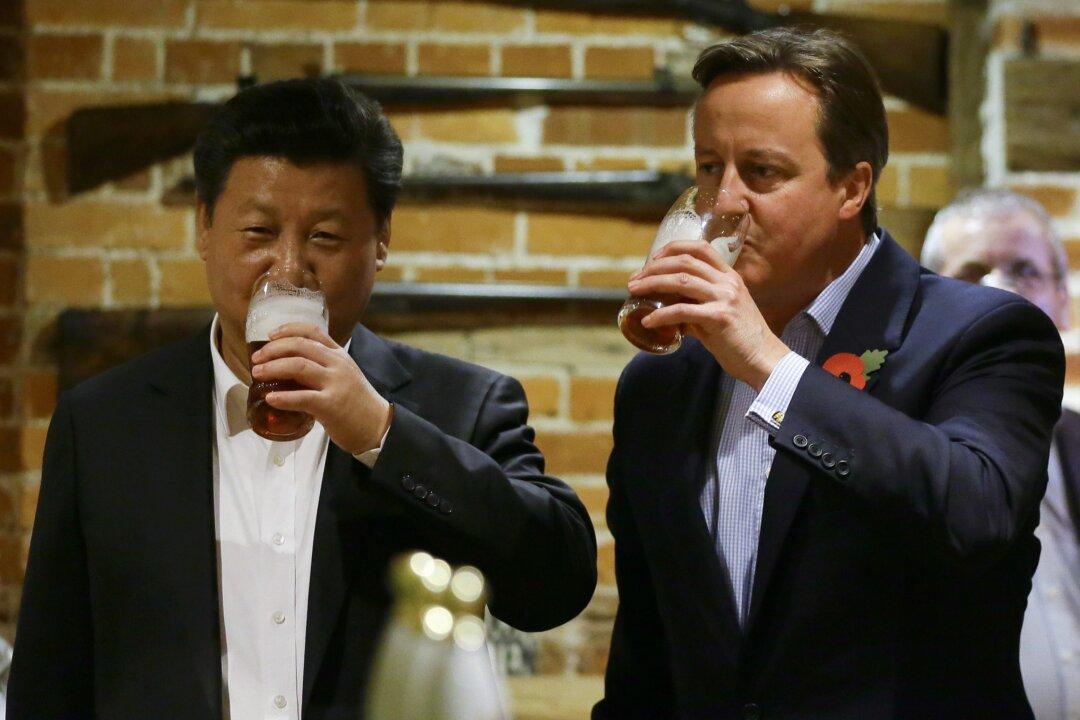Rules need to be tightened so ministers and civil servants can’t “go off and help China” after leaving their government jobs, a former diplomat said in light of David Cameron’s return to the government as foreign secretary.
Mr. Cameron, a former prime minister, who is no longer an MP, made the surprise political comeback on Monday in a Cabinet reshuffle by becoming Lord Cameron of Chipping Norton in the House of Lords.





